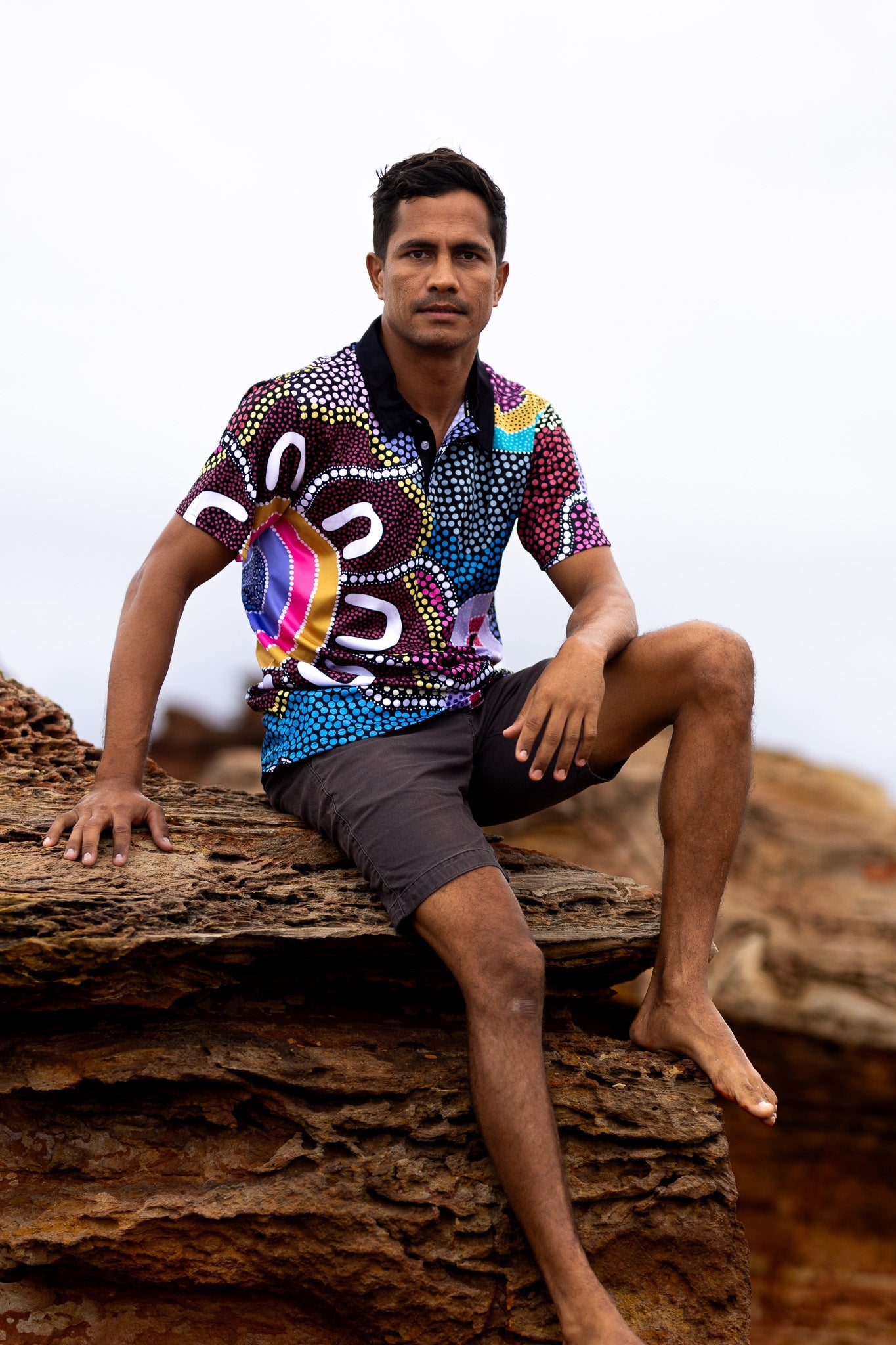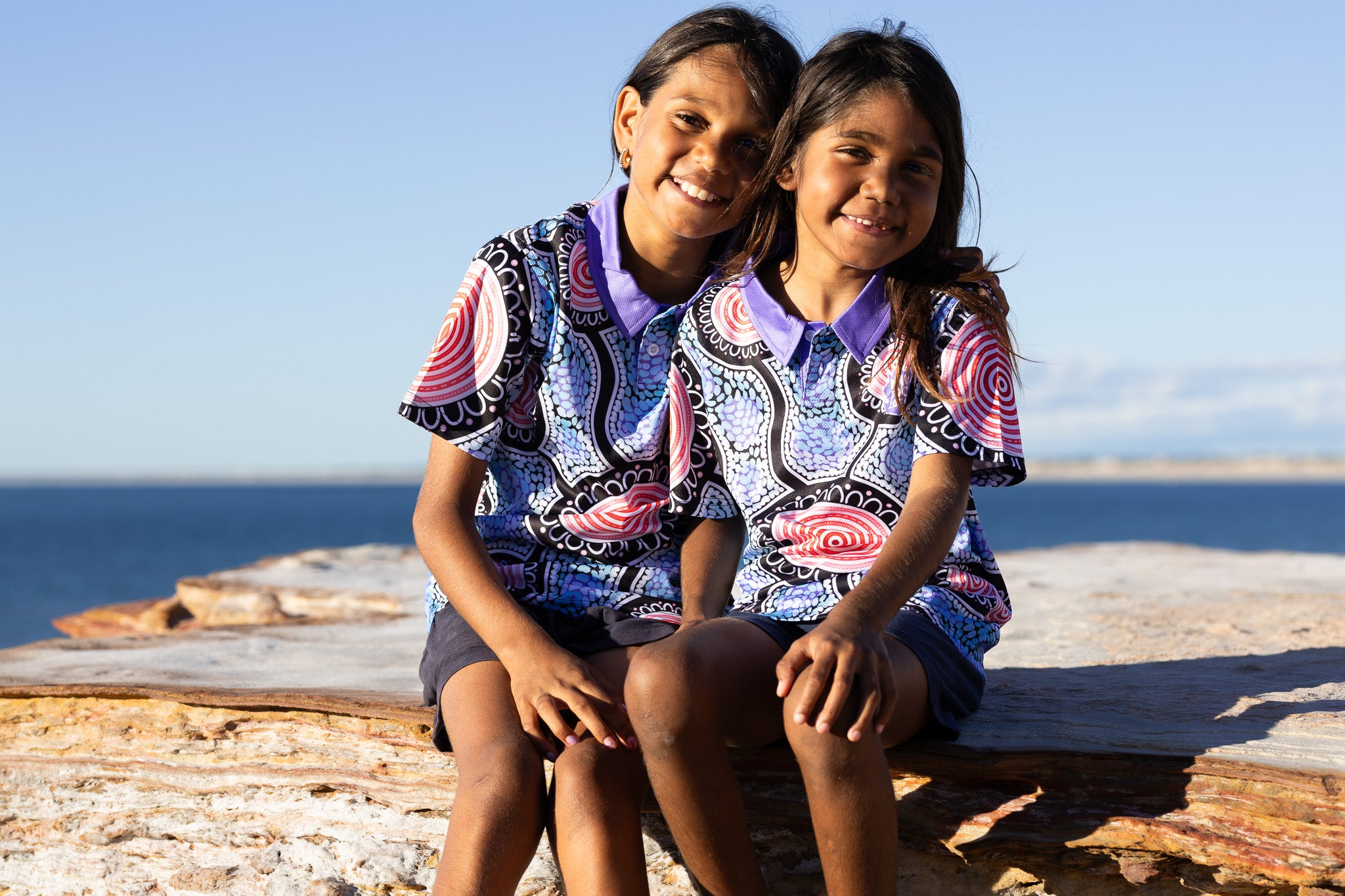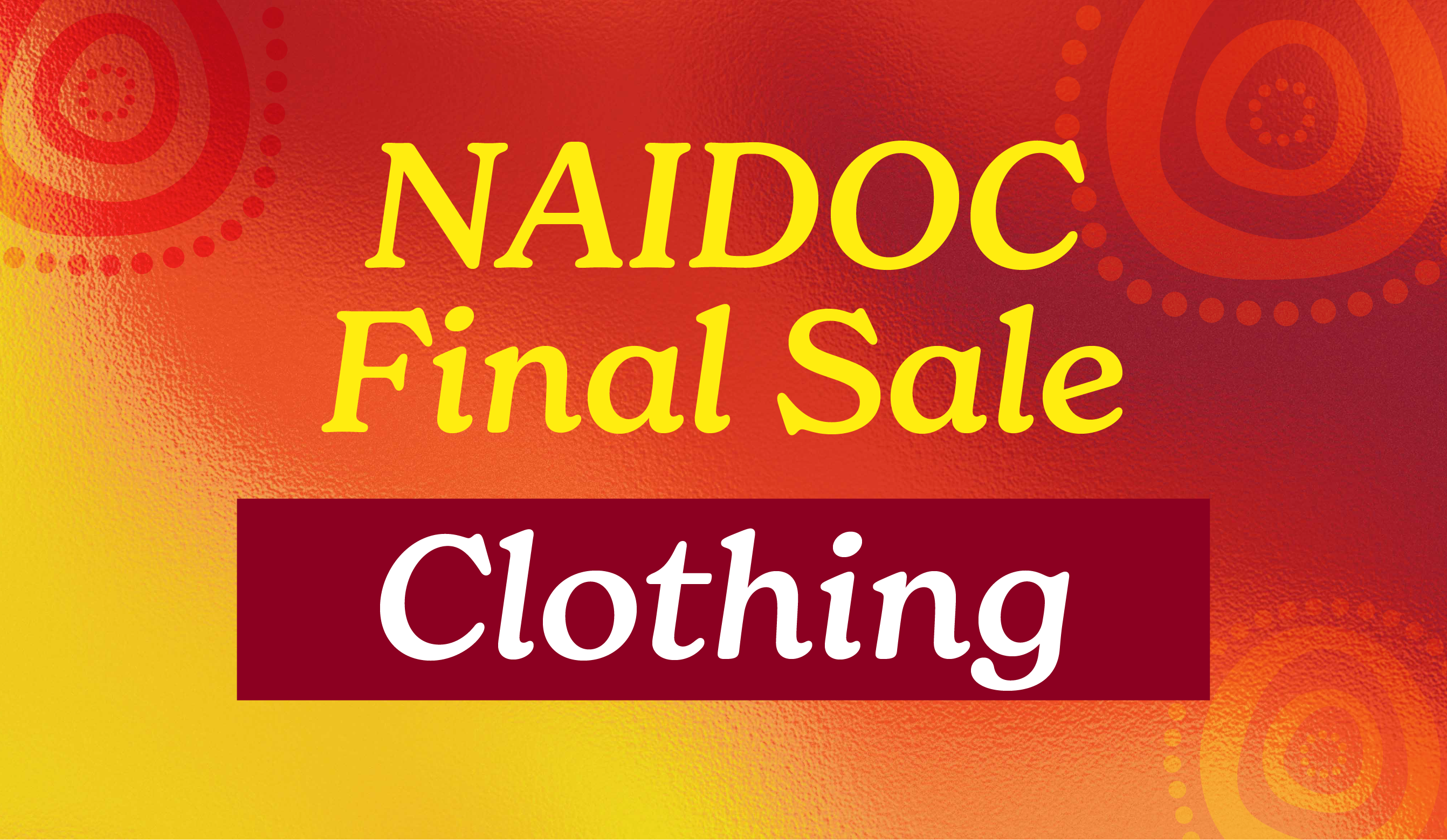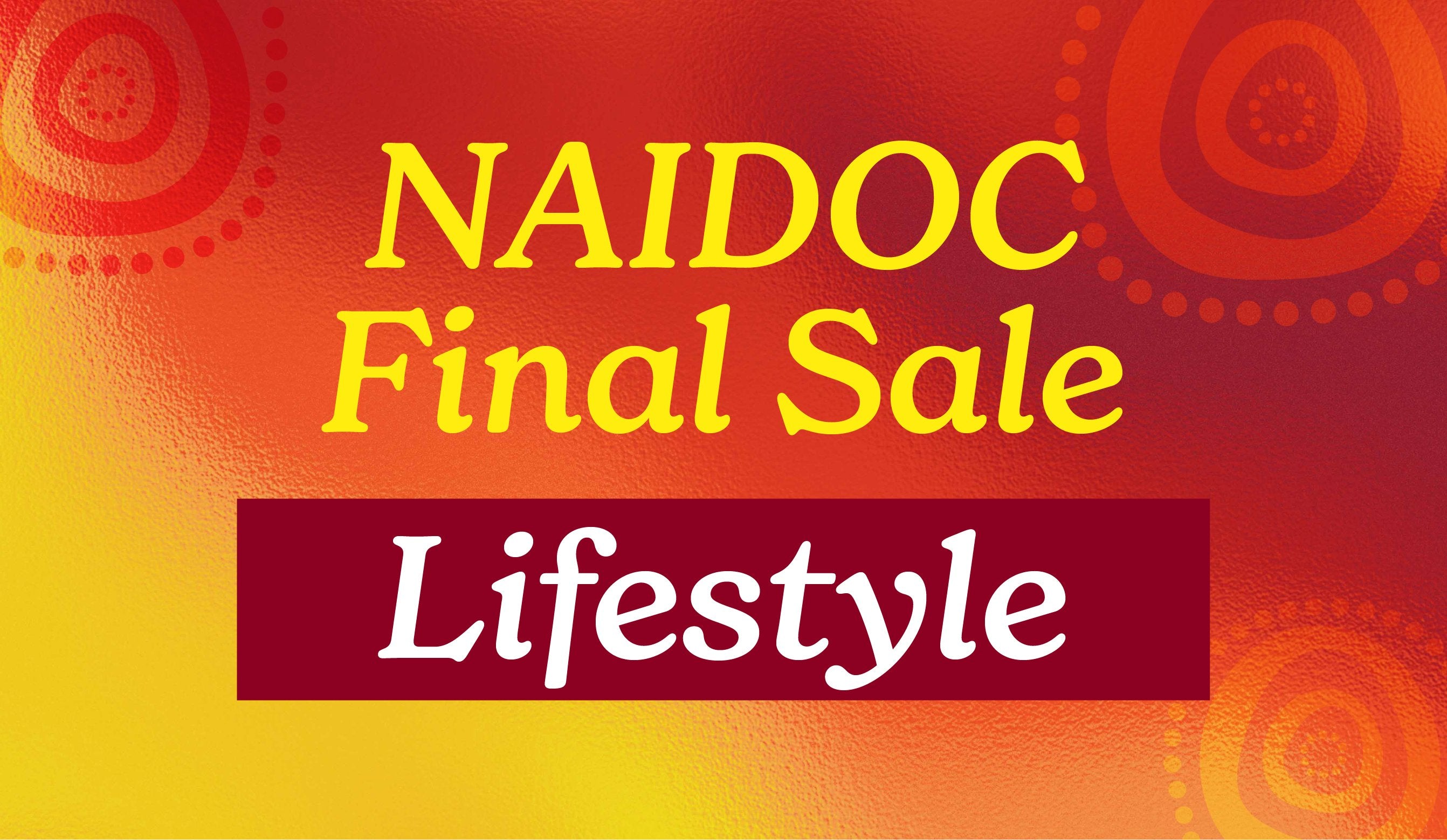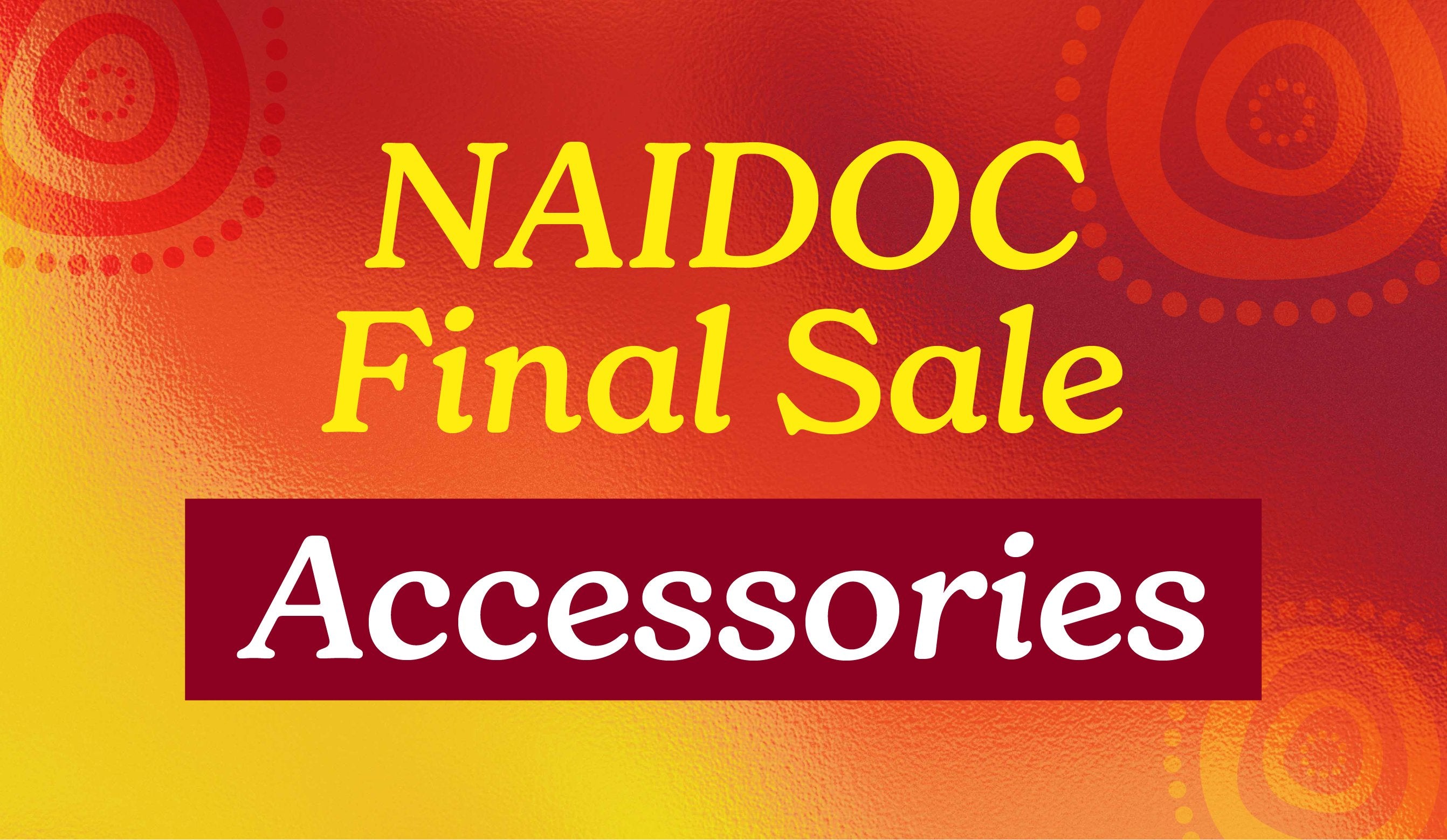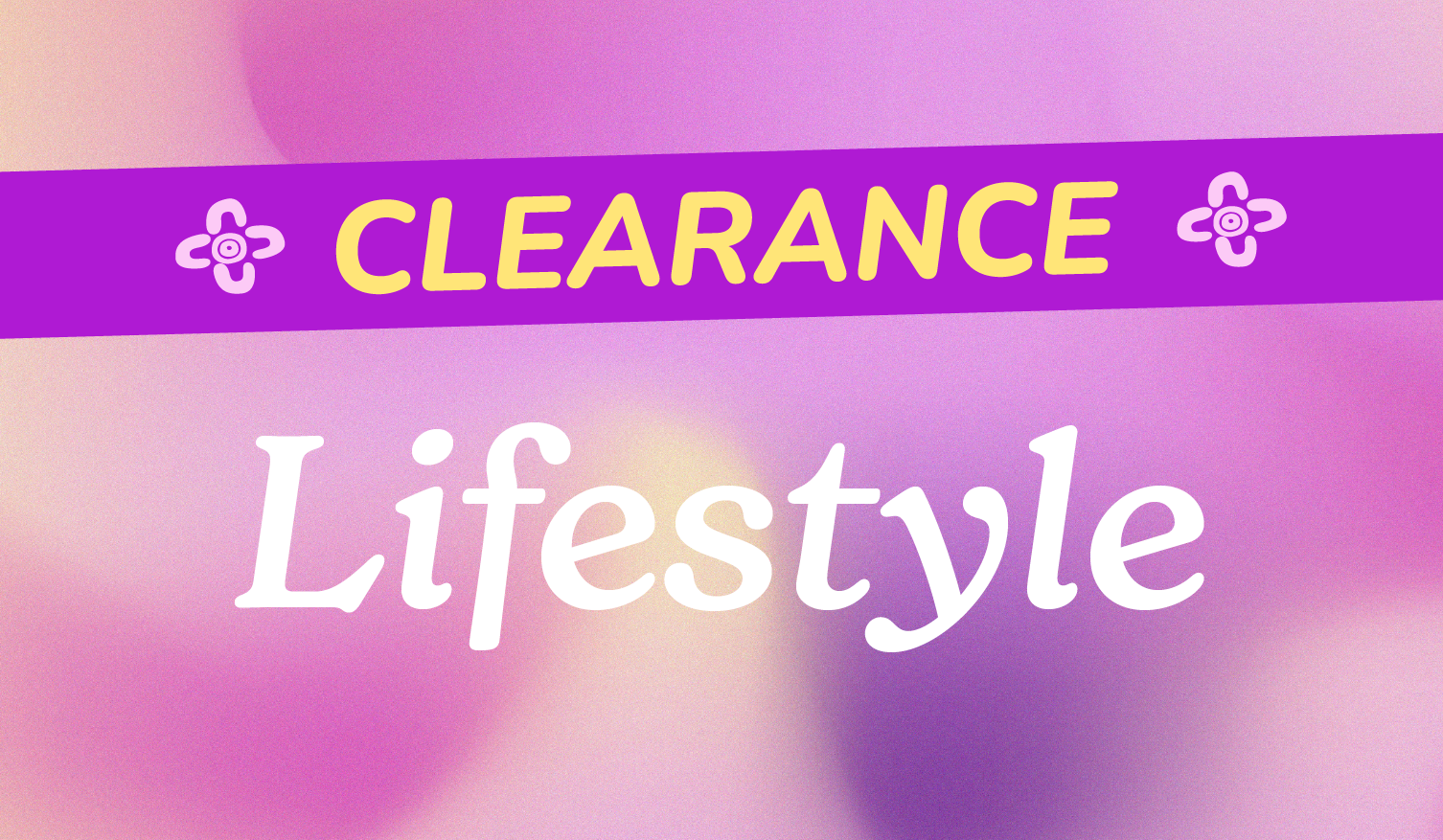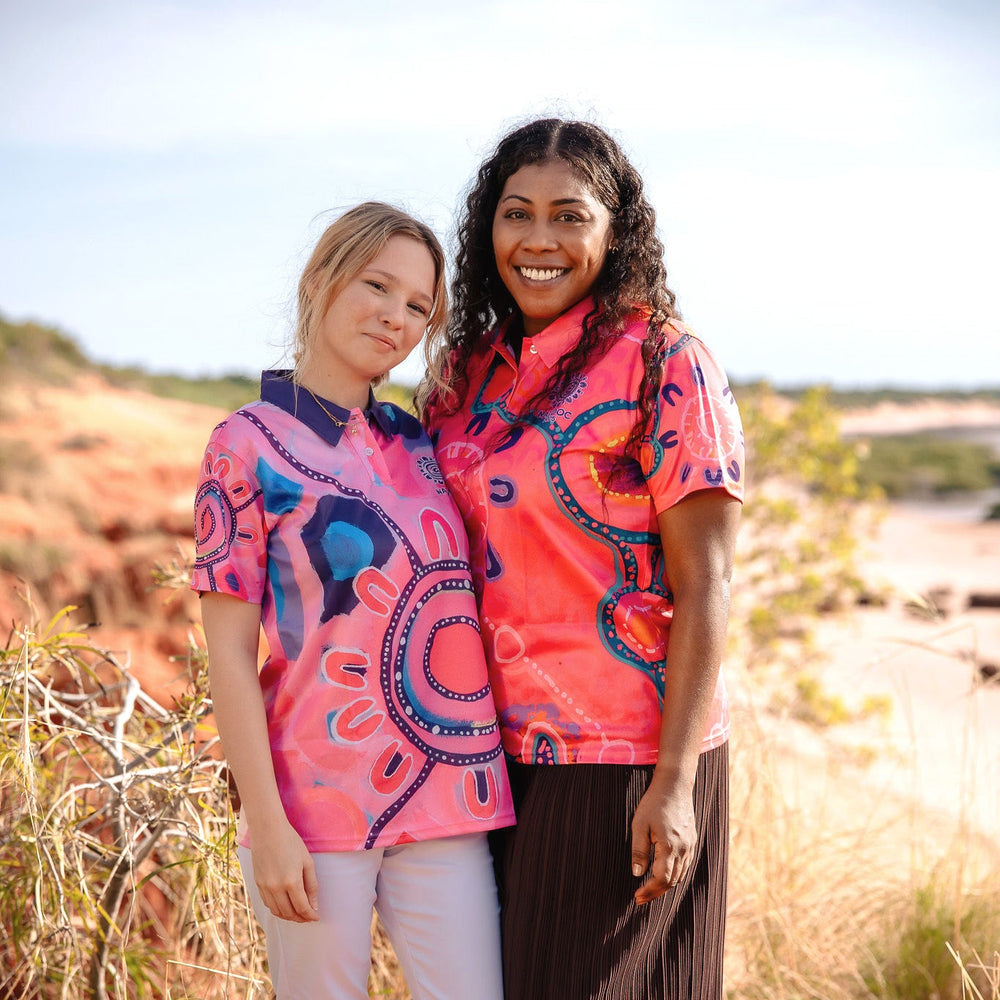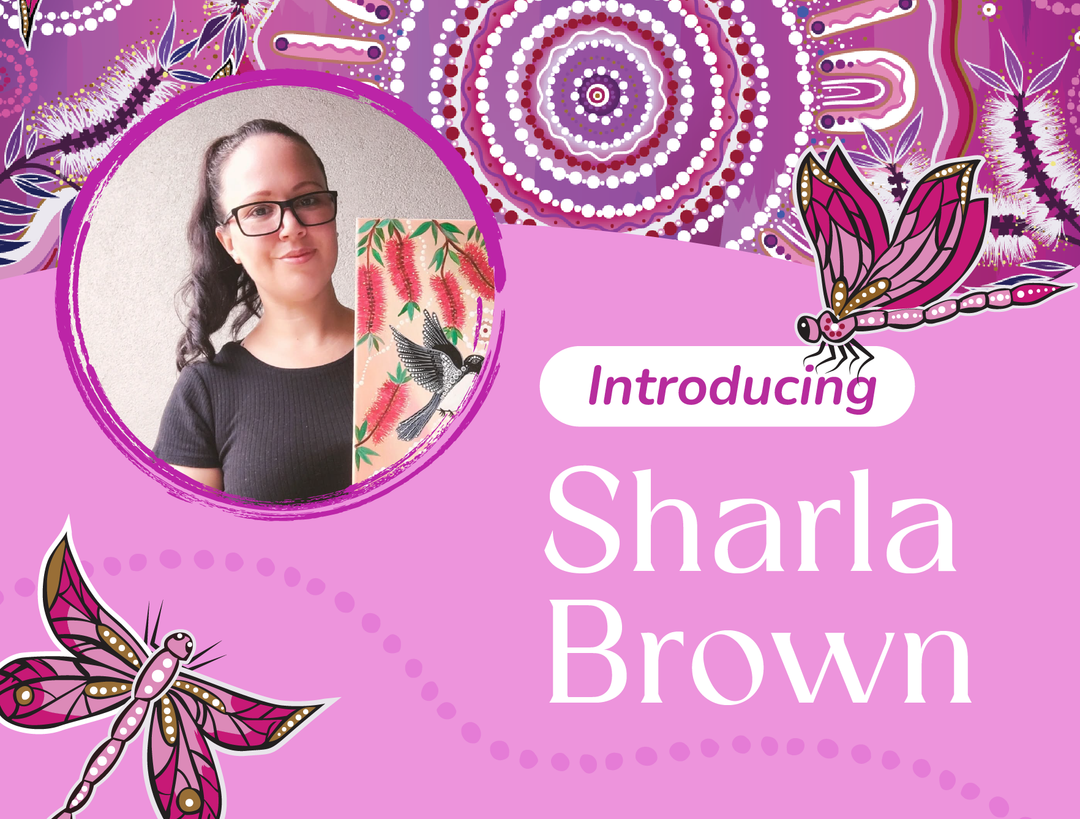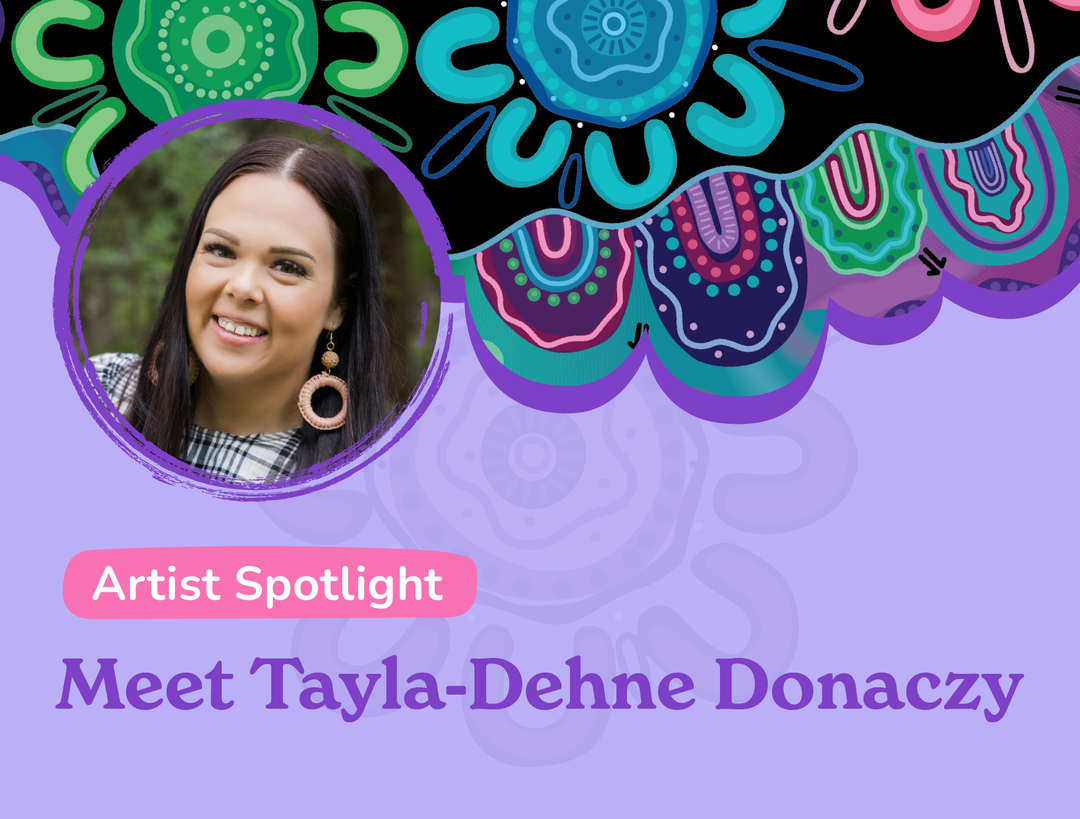In the face of escalating environmental challenges, Australia is witnessing a pivotal shift towards recognising and integrating Indigenous knowledge into its conservation efforts. The profound connection between Aboriginal Australians and their land offers invaluable insights into sustainable living and environmental stewardship, a relationship honed over tens of thousands of years.
What's Going On with Our Environment?
Australia's in a bit of a tough spot environmentally - With over a hundred species facing extinction or endangerment, invasive species disrupting ecosystems, and climate change manifesting through rising temperatures, sea levels, and extreme weather events. It’s no secret that the nation needs a wake-up call so that we can make sure the beautiful places we love are still around for our kids and grandkids.
Indigenous Australians Stepping Up
Here's where it gets inspiring - Indigenous Australians, who've been taking care of this land for over 65,000 years, and have been disproportionately affected by these environmental crises, are finally getting some well-deserved recognition for their know-how in keeping the environment healthy. The latest reports on Australia's environment are finally bringing Indigenous voices and wisdom to the forefront. This approach highlights the interconnectedness of environmental health and cultural well-being, underscoring the importance of Indigenous leadership in conservation efforts. It's about seeing Country as a living, breathing community that includes us humans, plants, animals, and everything in between.
Learning from the Land's First Keepers
Indigenous knowledge isn't just about the past; it's a treasure trove of insights on how to live sustainably. Indigenous Traditional Ecological Knowledge (TEK) encompasses a holistic understanding of the environment, emphasising the symbiotic relationship between people and nature. This knowledge, passed down through generations, includes sustainable practices such as traditional fire management, which has shown positive environmental outcomes. Despite the recognition of TEK's value, there remains a gap in granting Indigenous communities the autonomy and resources needed to apply their knowledge effectively.
The Roadblocks and How We Can Do Better
One of the big hurdles is that the rules and systems in place don't always make it easy for Indigenous wisdom to lead the way. To bridge this gap, a rights-based approach is recommended, emphasising self-determination and the application of existing laws to enhance Indigenous land stewardship.
We need to shake things up and create a space where Indigenous knowledge is front and centre in making decisions about the environment. The Australian government's commitment to doubling the number of Indigenous rangers by 2030 and increasing funding for Indigenous Protected Areas and water projects is a step in the right direction.
The Environmental Protection Biodiversity Conservation Act (EPBDC) review highlights a systemic issue where Indigenous knowledge and perspectives are often sidelined in favour of Western scientific approaches, leading to a culture of tokenism rather than genuine inclusion. This lack of full appreciation for Indigenous views hampers the potential for a more integrated and effective environmental management strategy.
Wrapping Up
Bringing Indigenous knowledge into the heart of environmental conservation isn't just the right thing to do; it's our best bet for a healthier planet. The integration of Indigenous knowledge into Australia's environmental conservation strategies is not just a matter of cultural respect but a practical necessity for sustainable management.
Aboriginal Australians have been custodians of their land for over 65,000 years, developing a deep understanding of its intricacies and how to live in harmony with nature. Recognising and leveraging this wisdom is crucial for addressing the current environmental challenges and ensuring the preservation of Australia's unique natural heritage for generations to come - It's about listening, learning, and working together to take care of the land that takes care of us. After all, we're all in this together, and every step we take towards understanding and respecting Indigenous wisdom is a step towards a brighter, greener future for Australia. Let's get on board and make it happen!






